- News
-
-
-
-
-
Latest News Articles
- 2024 TWS Elections: Canadian Representative April 18, 2024
- Gentrification brings more wildlife to urban areas April 18, 2024
- Oil and gas development, tree cover not good for pronghorn productivity April 17, 2024
-
-
-
- Wildlife Professional Resources
-
- Our Network
-
- PUBLICATIONS
-
-
Recent Posts
-
 The Wildlife Professional November/December Issue
November 1, 2023
The Wildlife Professional November/December Issue
November 1, 2023
-
-
-
-
-
-
- Wildlife Events
-
-
-
Upcoming Webinars
- No Events
-
-
-
- Who We Are
-
Tag: Amphibians
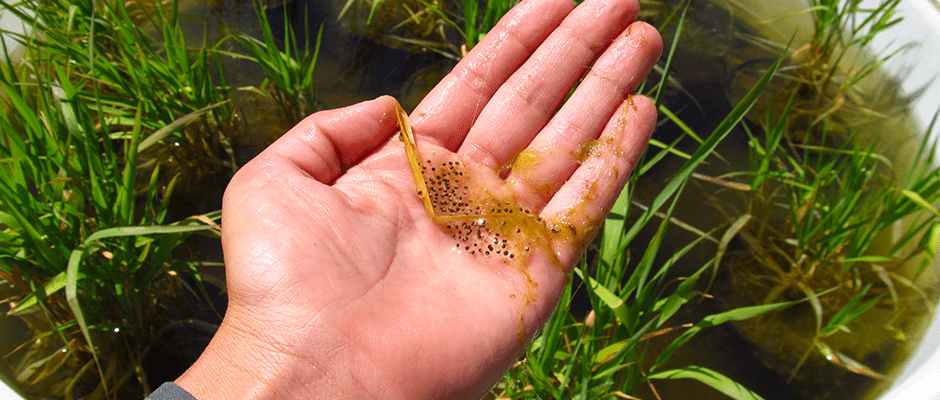
October 30, 2015
Invasive Reed Grass May Benefit Native Urban Amphibians
An invasive aquatic plant may be lending amphibians besieged by human development a helping hand, according to new research. “I didn’t expect to find these results,” said Katie Holzer, the...
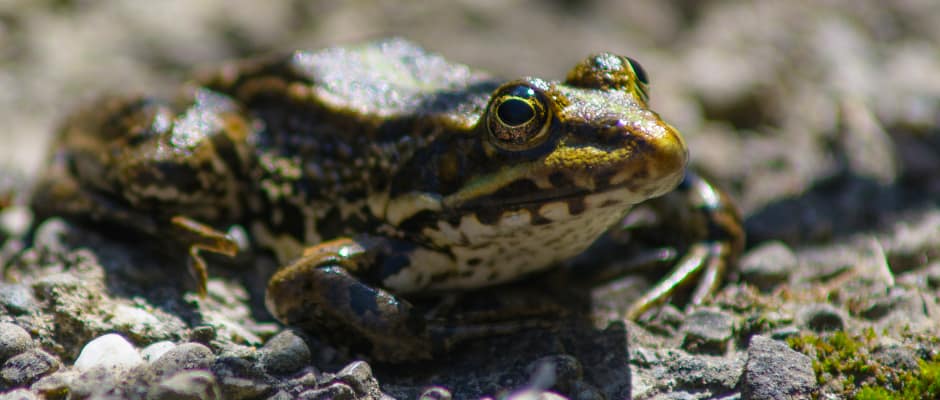
October 7, 2015
Tropical Amphibians Face High Extinction Rates, Study Says
A combination of habitat destruction, deadly diseases and climate change may spell doom for amphibians in many parts of the world, according to new research. “There’s pretty good agreement that...
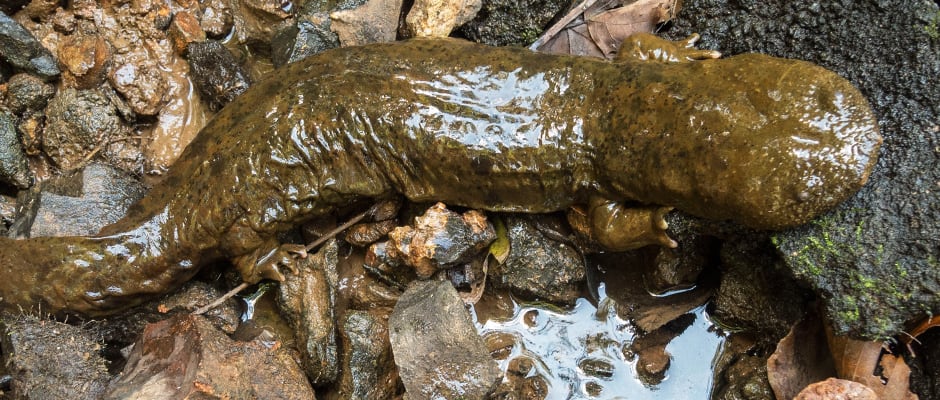
October 6, 2015
Hot on the Alabama Trail of the Elusive Hellbender
It was midafternoon on the last day of the search, and nothing had turned up. Thomas Floyd had been invited to Alabama a few weeks ago to help track down...

September 25, 2015
Climate Change May Impact Northwest Mountain Amphibians
Warmer winters and the changing nature of precipitation may have negative effects on amphibians that live in the mountainous wetlands of the Pacific Northwest, according to new research. “What we...
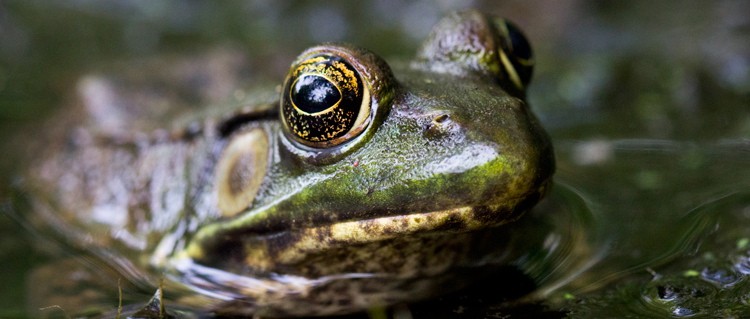
September 10, 2015
Suburban Estrogen Could Be Changing Frogs’ Sex Ratios
Increased levels of estrogen in suburban ponds could be affecting the sex ratio of frogs, according to new research. “The more suburban [the frogs] got the more sexually proportionate to...
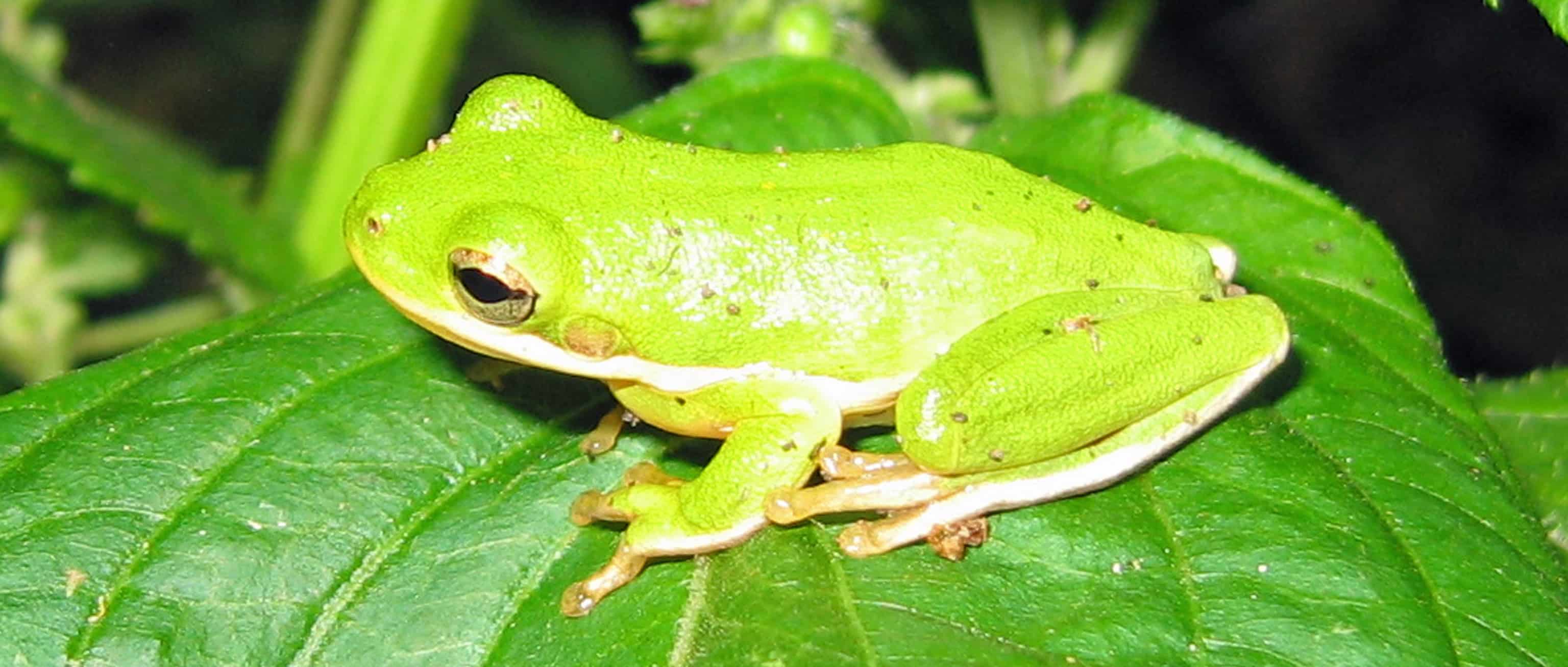
August 28, 2015
How Frogs Cope With Road Salt and Brackish Water
Some frogs may be able to adapt to brackish, salty water, according to new research. “Coastal frogs are less likely to avoid placing their eggs in salt water,” said Molly...
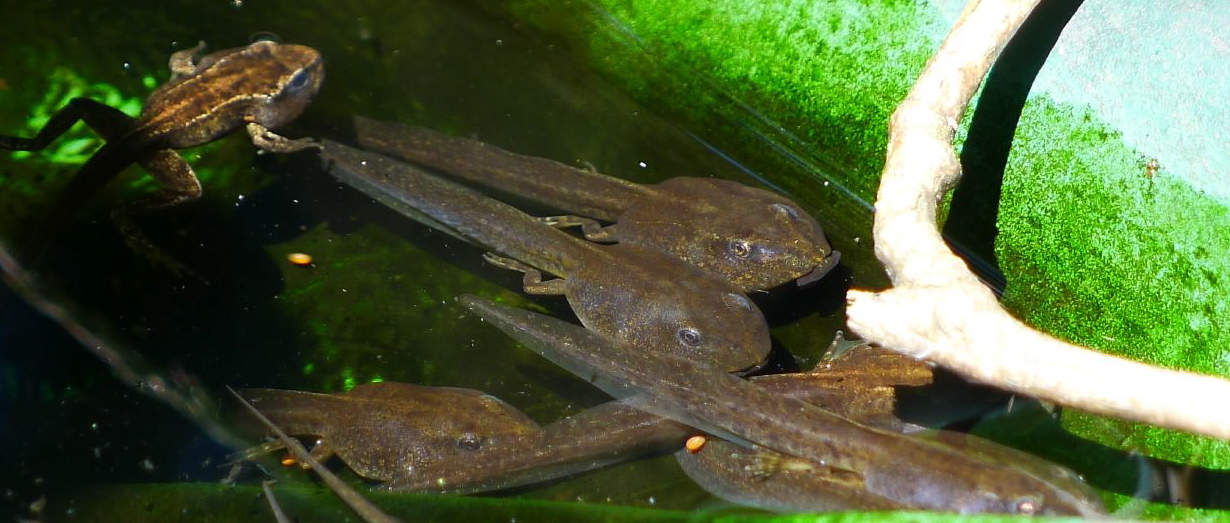
August 19, 2015
New Infectious Tadpole Disease Discovered
Scientists have discovered that a newly identified infectious tadpole disease exists in a wide range of frog populations around the world. In a new study published in the Proceedings of the...
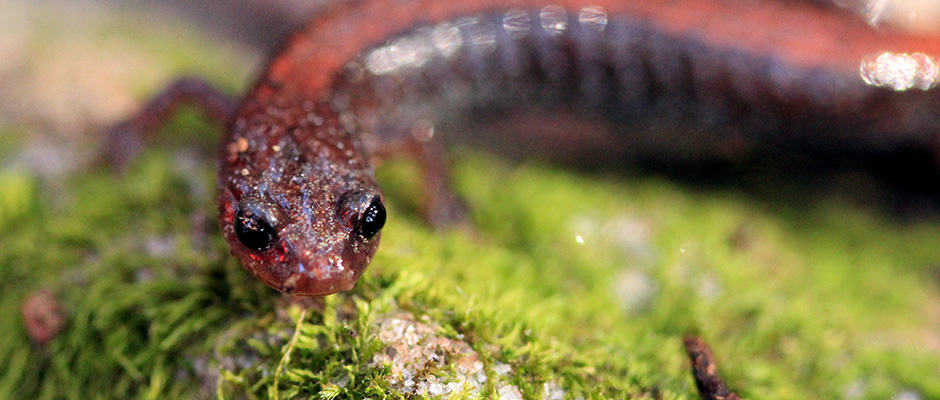
July 13, 2015
Salamanders Change Habitat Use With Prescribed Fires
Some salamanders may change the way they use habitat as trees are burned, thinned out or restored to historical oak savanna conditions, according to a new study. “There’s really not...

